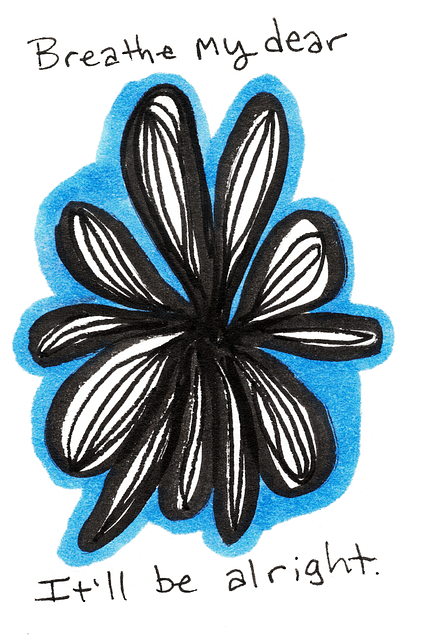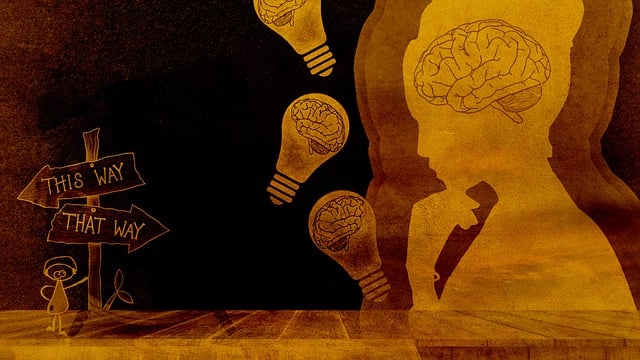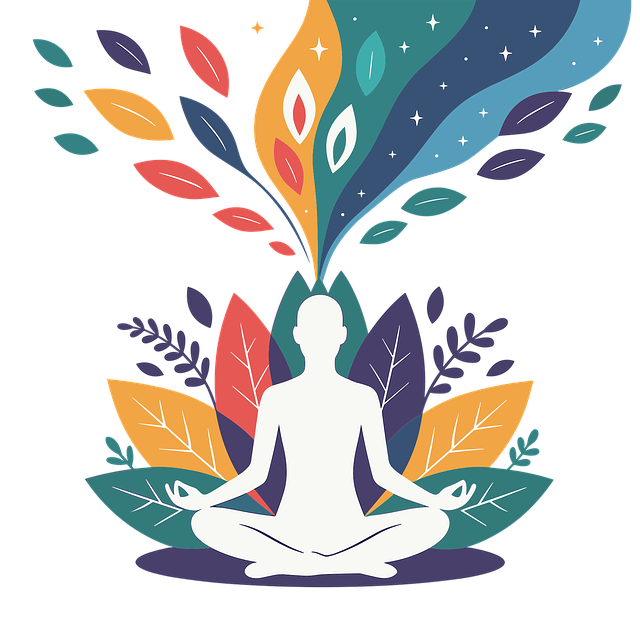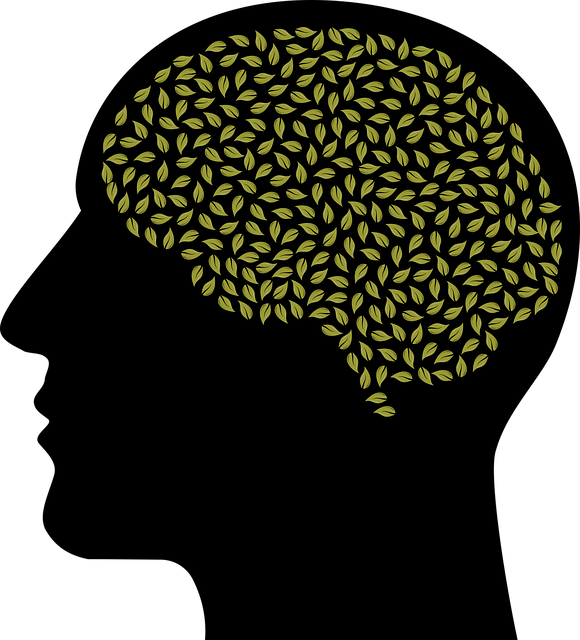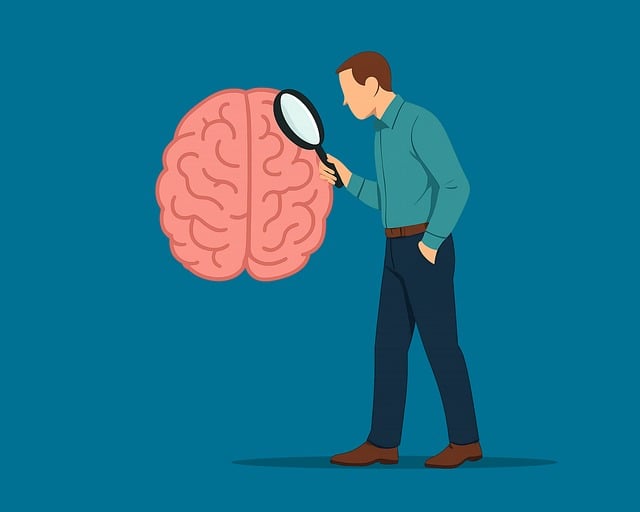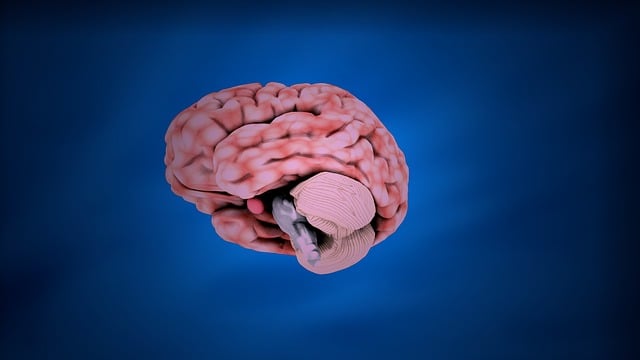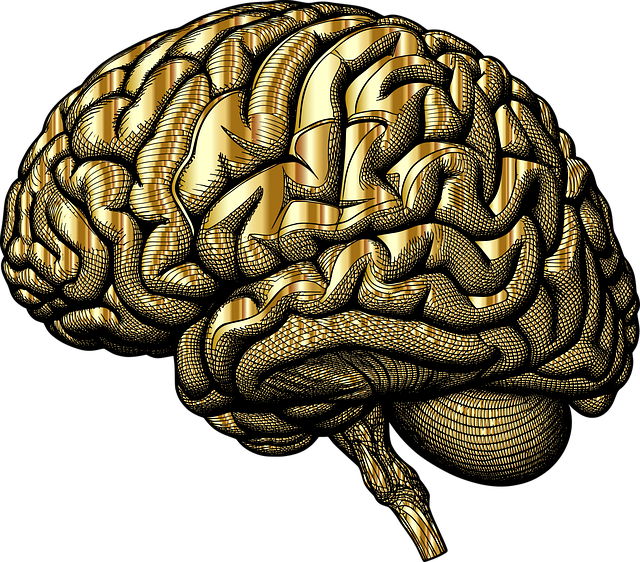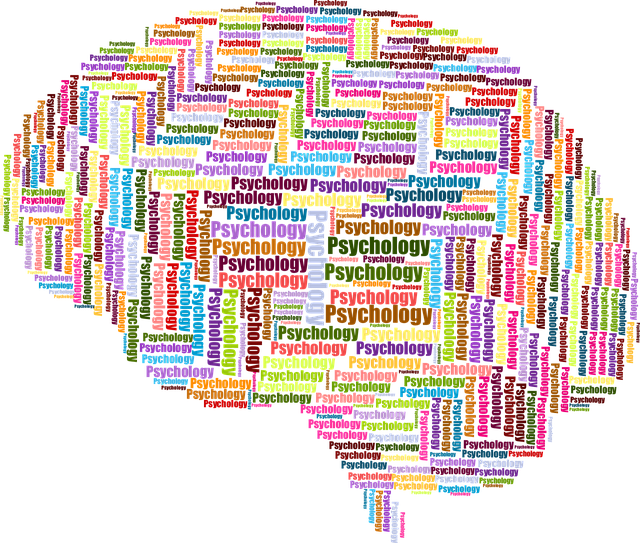Mental wellness is a key component of overall health, especially for managing chronic conditions like those treated at Lafayette Chronic Illness Therapy (LCIT). Integrating mental and physical health is crucial, as mental issues often accompany chronic ailments. LCIT's digital therapy app addresses this by offering tailored features for specific mental health needs, such as depression prevention in younger users. Collaborating with mental health professionals ensures accurate content, while interactive tools like mood tracking engage users. The app provides diverse therapy modalities including CBT and mindfulness meditation to cater to a wide range of users, promoting comprehensive mental wellness through personalized approaches and user-friendly design.
In today’s digital age, mental wellness app development has emerged as a powerful tool to combat chronic illnesses. This article delves into the significance of mental health in managing conditions like chronic pain, offering insights through the lens of the Lafayette Chronic Illness Therapy App. We explore effective therapy app creation with a step-by-step guide, highlighting essential features and benefits tailored for users’ well-being. By understanding mental wellness’s impact on chronic illness, we can revolutionize care through innovative digital solutions like Lafayette Chronic Illness Therapy.
- Understanding Mental Wellness and its Impact on Chronic Illness
- Developing Effective Therapy Apps: A Step-by-Step Guide
- The Lafayette Chronic Illness Therapy App: Features and Benefits
Understanding Mental Wellness and its Impact on Chronic Illness

Mental wellness is a vital aspect of overall health, encompassing emotional, psychological, and social well-being. It plays a significant role in managing chronic illnesses, such as those commonly seen in Lafayette Chronic Illness Therapy. Conditions like depression, anxiety, and stress can often accompany chronic physical ailments, creating a complex interplay between mental and physical health. Understanding this connection is crucial for developing effective treatment strategies.
Stress management techniques, conflict resolution skills, and mindfulness meditation have emerged as powerful tools to address these challenges. By integrating these practices into therapeutic frameworks, mental wellness app development can empower individuals to better cope with chronic illnesses. Such apps offer accessible resources for improving emotional resilience, reducing stress levels, and fostering a sense of calm, all of which contribute to enhanced overall well-being.
Developing Effective Therapy Apps: A Step-by-Step Guide

Creating a mental wellness app that offers evidence-based therapy can be a game-changer for individuals dealing with various challenges, including Lafayette Chronic Illness Therapy. Here’s a step-by-step guide to help developers build effective digital tools:
1. Identify Target Audience and Needs: Begin by understanding the specific mental health concerns prevalent in your target demographic. Research shows that depression prevention is a growing priority, so tailor features to address this, especially if your app caters to younger users. Identify pain points and unmet needs within the community; for instance, many may benefit from accessible mindfulness meditation practices.
2. Collaborate with Professionals: Engage mental health professionals like therapists, psychologists, and psychiatrists to ensure the accuracy and effectiveness of therapy components. Their expertise in Lafayette Chronic Illness Therapy can help create valuable content, ensuring users receive reliable care. Incorporating their guidance will also enhance your app’s credibility.
3. Design Interactive Features: Effective therapy apps go beyond simple information delivery. Implement interactive elements like personalized goal-setting, mood tracking, and virtual journaling to engage users actively in their wellness journey. These tools can help individuals reflect on their progress and provide data for professionals to offer tailored advice.
4. Offer Diverse Therapy Modalities: Mental health treatment has various branches, so include a range of therapy types. For instance, cognitive-behavioral therapy (CBT) techniques, mindfulness meditation exercises, and community outreach program implementations can be powerful tools for different users. This diversity caters to a broader audience and promotes comprehensive mental wellness.
The Lafayette Chronic Illness Therapy App: Features and Benefits

The Lafayette Chronic Illness Therapy App is a game-changer for individuals navigating the challenges of chronic illnesses. This innovative digital tool offers a comprehensive approach to managing conditions that often impact mental wellness, such as stress and emotional regulation issues. By combining evidence-based therapy techniques with user-friendly features, the app provides a personalized experience tailored to each user’s unique needs.
One of its key strengths lies in the various modules designed for stress management and reduction methods. Users can access guided meditations, mindfulness exercises, and cognitive behavioral therapy (CBT) techniques to gain better control over their emotional responses. The app also facilitates tracking symptoms, allowing individuals to monitor their progress and identify triggers, thus empowering them to take an active role in their recovery process. Through these features, the Lafayette Chronic Illness Therapy App promotes improved mental wellness and enhances overall well-being.
Mental wellness app development is a growing field, especially in addressing chronic illnesses. By understanding the impact of mental health on chronic conditions, developers can create effective therapy apps like the Lafayette Chronic Illness Therapy App. This innovative tool offers a step-by-step guide to managing symptoms and improving overall well-being, making it a valuable resource for those navigating chronic illness. With its comprehensive features and benefits, the Lafayette app revolutionizes access to mental health support, ensuring folks can access help promptly and enhance their quality of life.
